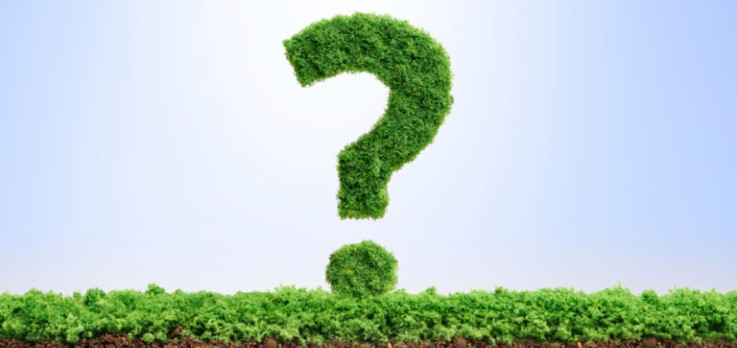Most Common Recycling Questions, Answered
Recycling seems like a no-brainer when you think of the environmental impact of trash. Still, a lot of people don’t make it a habit to recycle. It can appear to be a complicated process if you factor in different types of waste and where to dispose of them. Not everyone knows which bin is for which waste, or even where to find the location of specific recycling programs. These uncertainties can lead to important recycling questions that need to be answered. Here are six of the most common recycling questions and their answers
What is Recycling?
The Environmental Protection Agency (EPA) defines recycling as the process of collecting and processing materials that would otherwise be thrown away as trash and turning them into new products. Recycling provides economic and environmental benefits and also benefits the community by creating green jobs, earning potential and reducing pollution.
Does Recycling Help or Hurt?
When you think of the environmental impact of recycling, it is far more helpful to recycle waste, from plastic to metal, than it is to dump them in mounting landfills that release toxic chemicals and gasses into the ground and drinking water source. A safe landfill is a myth. Manufacturing products from recyclables use less energy for processing to create usable materials/products. Recycled glass is re-melted to make new glass products, saving roughly 10-15% in energy, while recycled aluminium metal can be cleaned and re-melted into new aluminium products, saving 94% of the energy that is typically required to produce the aluminium from ore that requires extensive processing involving heat and electricity.
Why is it Important to Only Recycled Items in the Recycling Bin?
To prevent contamination of the recycling stream, it is paramount that items that are non-recyclable be kept out of the recycling bin. At recycling centers, the non-recyclable items can result in costly equipment damage, and the facility also loses more money to sort and send these items to landfills. There is multi-stream recycling that requires different types of materials to be collected in separate bins, and single-stream recycling (SSR) that accept different types of materials in the same bin. This is something to keep in mind.
Are Plastic Bags Recyclable?
This is often a confusing issue for some individuals. The quick answer is yes; however, plastic bags are not accepted by most curbside or single-stream recycling programs in general. Not all local recycling providers accept a particular “recyclable” item. Whenever you need clarification on what’s acceptable, check the label on the recycle bins.
What are Some of the Items That Should Never Place in The Recycling Bin(s)?
Some of the items that you should never place in your recycle bin(s) according to Recycle Across America include: garden hoses, dishware, paper tissue, clothing, wood, tubes, batteries, wires, electronics, prescription bottles, food or food-soiled paper or needles, among others.
What are the Most Common Recyclable Items That Can be Placed into Curbside Recycling Bin?
Consider the following common recyclable items suitable for curbside recycling bin according to the EPA: Jugs, glass bottles, plastic bottles and caps, food boxes, paper, food cans, mail, beverage cans, jars (glass and plastic).
If you are unsure about what to do with your recyclable items, Allied Recycling Center can accommodate your recycling needs with a wide range of capabilities that can help you make the environment a better place. If you still have more questions about recycling, you can contact us online, call us at (508) 668-8699 or come and see us at our recycling center in Walpole, MA.

